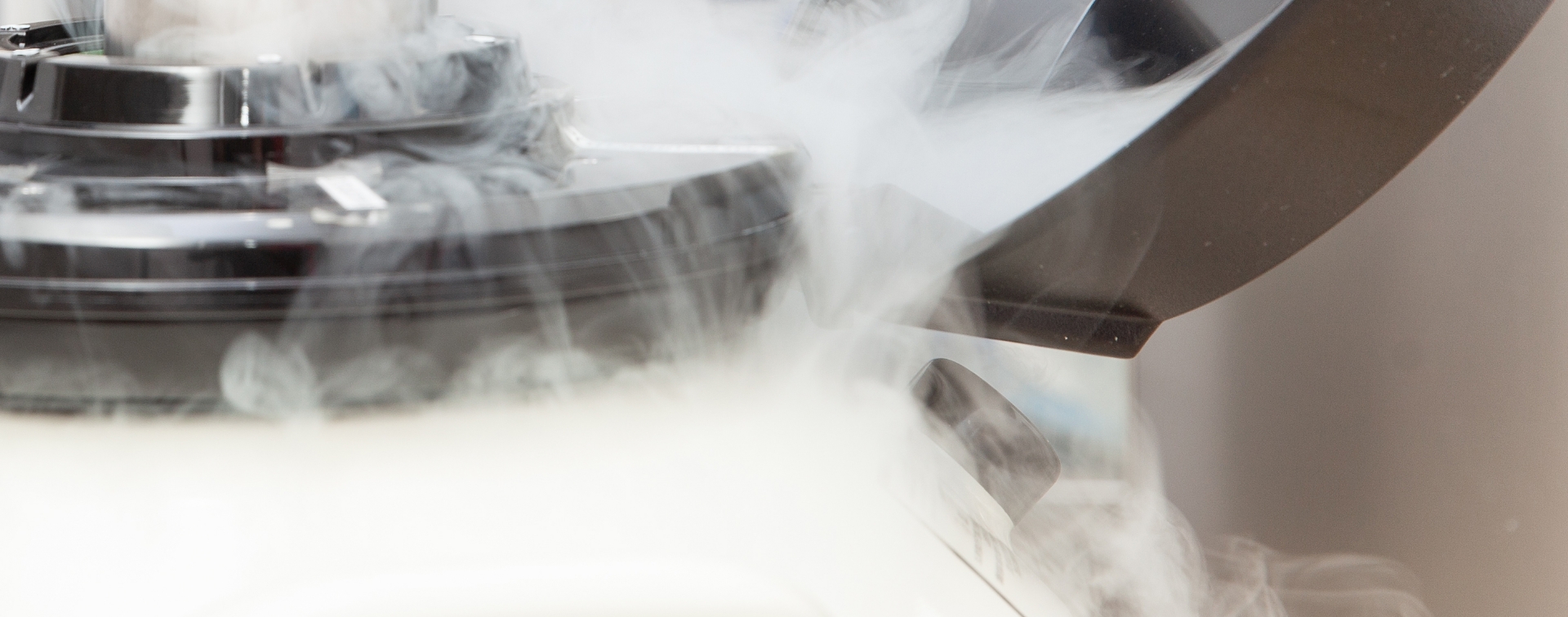Why Women Consider Egg Freezing

Age-Related Fertility Decline

Medical Reasons

Personal and Lifestyle Choices
Who Is a Good Candidate for Egg Freezing?
Women in their late 20s to early 30s typically have the highest success rates with egg freezing. However, women up to their late 30s may still benefit depending on their ovarian reserve. Egg freezing is a viable option for women with conditions such as endometriosis, premature ovarian failure, or those undergoing medical treatments that affect fertility.

Success Rates & Considerations
Success rates for egg freezing depend on several factors, including the age at which eggs are frozen, and the number of eggs retrieved. Younger eggs generally lead to higher chances of successful fertilization and pregnancy when used in the future. While egg freezing does not guarantee a future pregnancy, it significantly enhances reproductive options.

RPSD: Excellence in Egg Freezing
RPSD stands out as a leader in fertility preservation due to its experienced medical team, advanced vitrification techniques, and personalized patient care. Our laboratory’s high-quality standards and success rates make us a top choice for women considering egg freezing.

Fertility & Cancer
Women diagnosed with cancer often face the risk of infertility due to chemotherapy or radiation. Egg freezing provides an essential opportunity to preserve fertility before undergoing treatment, allowing women to maintain the possibility of having biological children in the future.
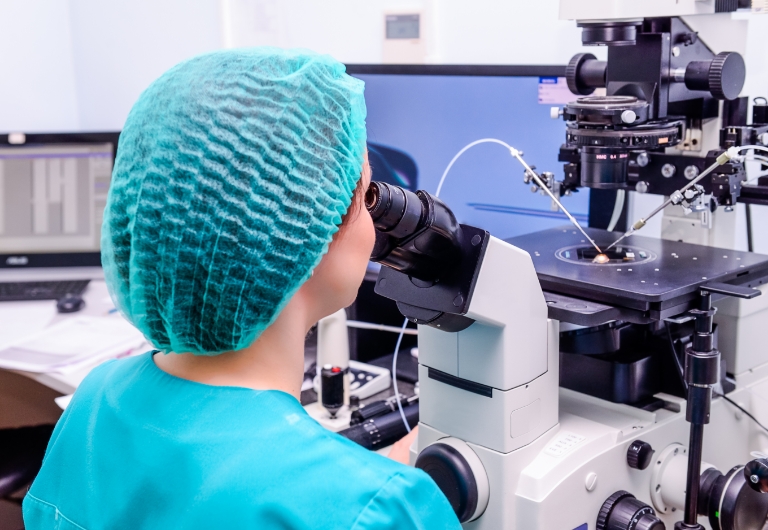
Embryo Banking
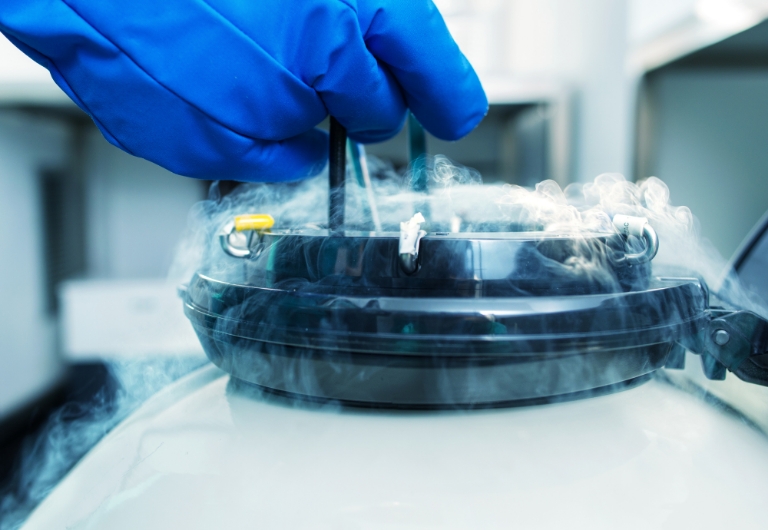
Egg Banking

Ovarian Tissue Banking

Fertility-Sparing Surgery
Emotional Aspects
Deciding to freeze eggs can be both empowering and emotionally complex. Some women feel reassured by the ability to preserve their fertility, while others experience mixed emotions about delaying parenthood. Our team at RPSD offers counseling and support to help patients navigate the emotional aspects of their fertility journey.

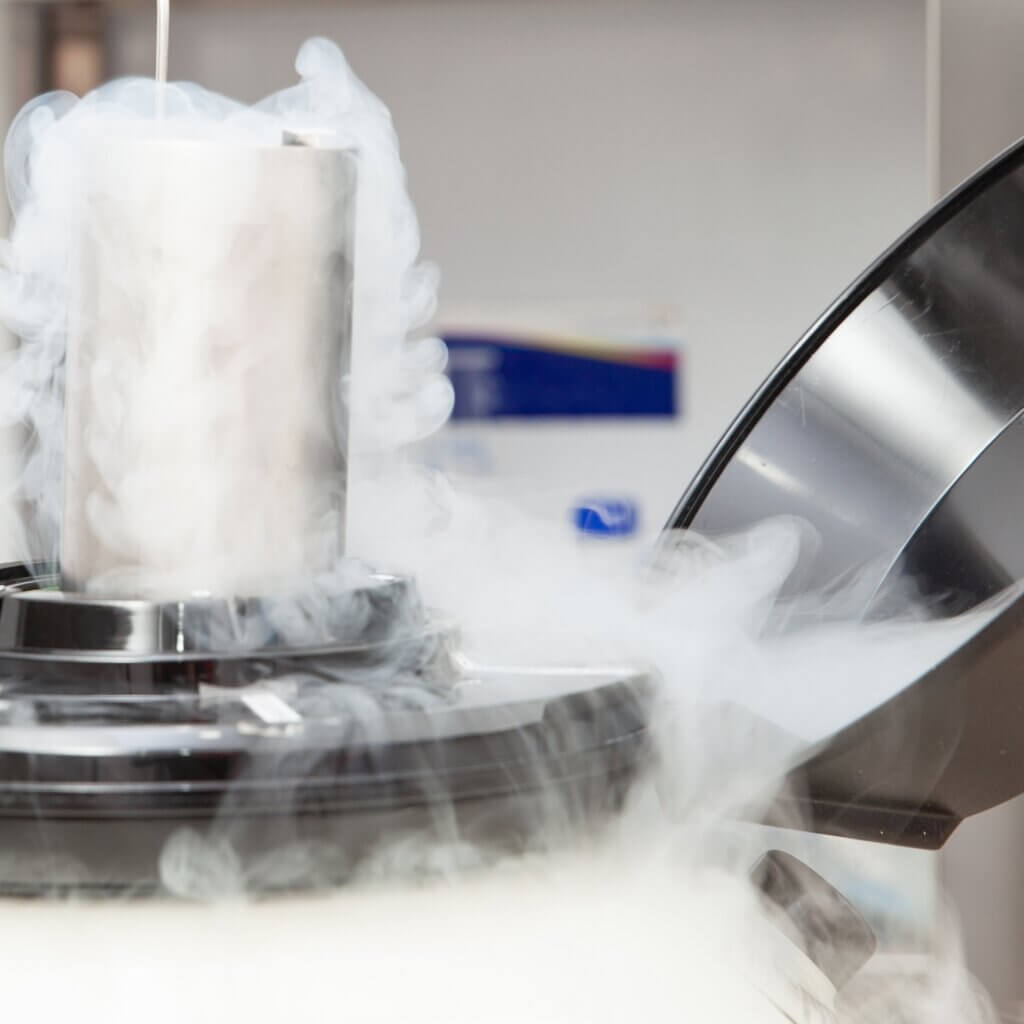
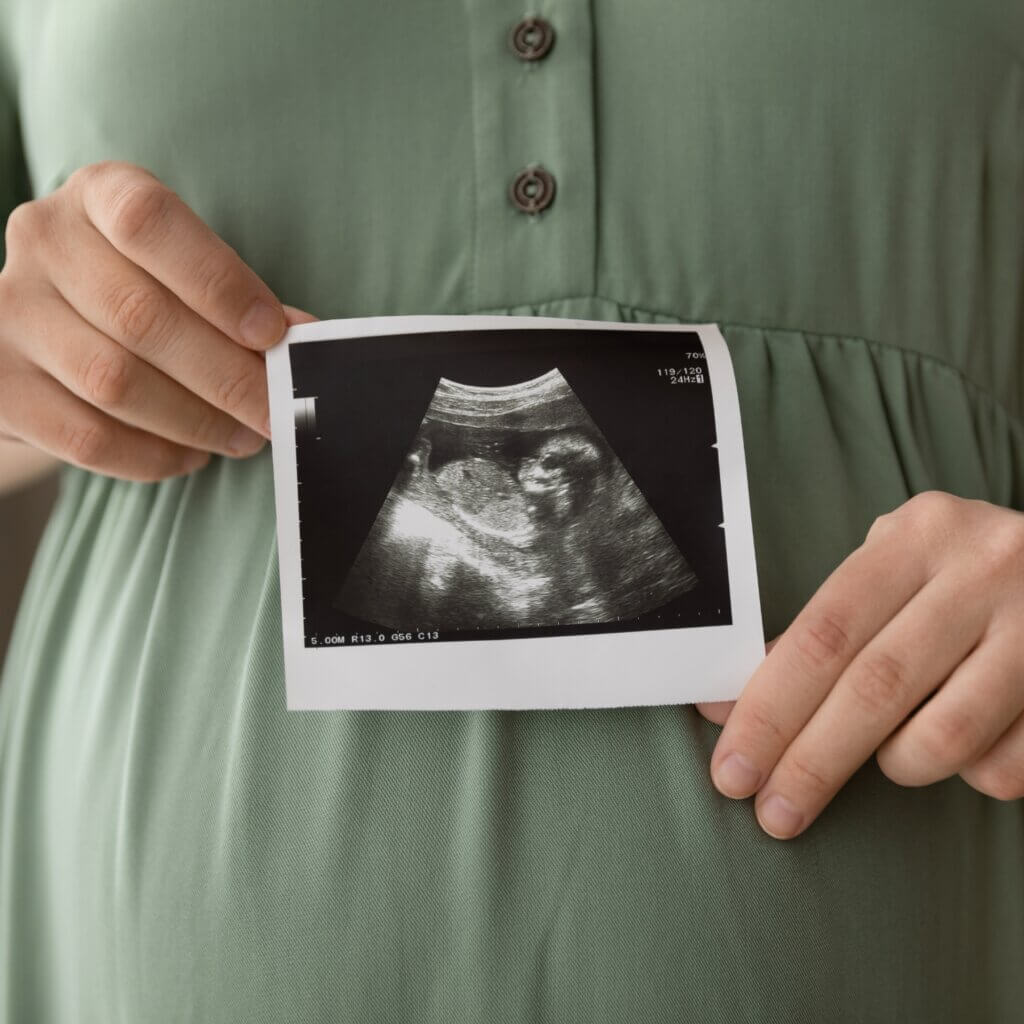

Frequently Asked Questions
Eggs can remain frozen indefinitely with no decrease in quality. When the patient is ready to use them, they can be thawed and fertilized.
Most women tolerate the hormone stimulation phase well, experiencing mild bloating or discomfort. The egg retrieval procedure is performed under sedation, making it virtually painless.
Costs vary based on the number of cycles needed, medication, and storage fees. Our team can provide a detailed cost breakdown and discuss financing options.
When the time is right, frozen eggs are thawed, fertilized with sperm, and transferred as embryos during an in vitro fertilization (IVF) cycle.
Let’s Take the Next Step Together
Our skilled fertility specialists are here to help. Contact us today and let’s discuss the next phase of your fertility journey.
